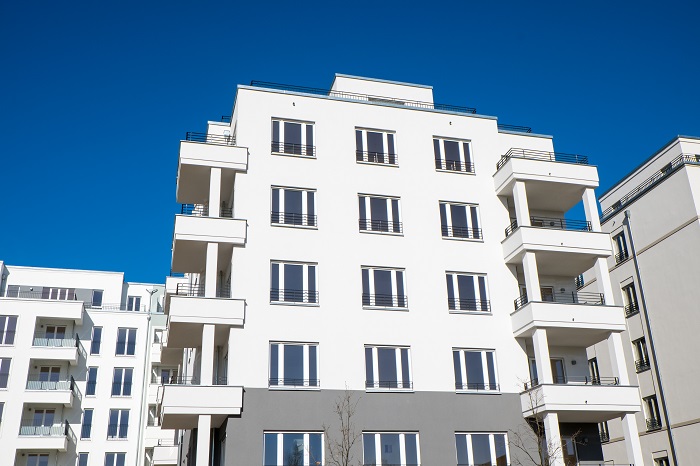As we approach 2024, many prospective homeowners and tenants are faced with the critical decision of whether to rent or buy a property in the UK. This article will explore the various aspects related to this dilemma, investigating the current state of the housing market, and providing insights on the factors that may impact your decision.
The State of the UK Housing Market
Understanding the ever-fluctuating UK housing market is crucial when deciding if you should rent or buy property. In recent years, there has been an increase in demand due to population growth and a decrease in available property. This has led to higher prices for both buying and renting, which consequently perpetuates the ongoing debate surrounding whether it’s better to get onto the property ladder or stick with renting.
Housing Shortages
As the population of the UK continues to grow, the government faces increasing pressure to ensure adequate housing for citizens. Although efforts have been made to build new homes, the supply does not appear to be keeping pace with demand. The consequent scarcity of properties has driven up prices for potential buyers and renters alike.
Rent Increases
In addition to rising house prices, those who opt to rent rather than buy might also experience incremental rent increases as landlords must keep their rental yields competitive within the market. Because of this, many are beginning to question if renting remains the more cost-efficient option over a long-term period.
Financial Considerations for Buying vs. Renting
The financial implications associated with investing in property (or renting one) play a significant role in determining the suitability of each option. A key difference between the two involves the initial capital outlay required for purchasing property compared to renting, with important sneaky costs associated with each option.
Mortgage Rates and Deposit Amounts
For prospective buyers, securing a mortgage typically requires a down payment of around 10% to 20% of the purchase price, while stamp duty land tax might also become applicable depending on thresholds. Current mortgage rates are relatively low, which makes borrowing more affordable for potential homeowners. However, rates may change, so it is critical to assess affordability in line with unexpected economic shifts.
Rent Cost Averages
When considering rental properties, a person usually needs to pay an upfront deposit (usually equivalent to one month’s rent) together with the first month’s rent. It’s necessary to take into consideration ongoing expenses like agency fees, utilities, service charges, and other external factors that can lead to rental amount fluctuations throughout the duration of your lease.
The Pros and Cons of Renting vs. Buying
Aside from financial implications, making a decision between renting or buying depends on several personal lifestyle differences and considerations. Each option presents respective advantages and drawbacks. A closer examination will illustrate these distinctions.
Advantages of Renting
- Flexibility: As a tenant, you have greater flexibility when it comes to relocation if work or other personal circumstances call for it, as long-term commitment isn’t necessary.
- No Property Maintenance Responsibility: Landlords typically handle all property maintenance concerns (including repair costs), allowing tenants to focus on their monthly rental payments exclusively.
- Initial Lower Outlay: With smaller upfront costs, renting often enables tenants to live in areas they wouldn’t be able to afford if purchasing.
Advantages of Buying
- Property Ownership: As a property owner, you have complete freedom over your home improvements and long-term living situation – giving you stability in the future.
- Financial Investment: Purchasing a property is a significant financial investment that may increase in value over time amid market growth.
- Mortgage Payments vs. Rent Payments: Rather than continually financing someone else’s mortgage through monthly rent payments, homeowners are investing in their own wealth and asset accrual.
Factors That May Impact Your Decision
While individual circumstances will ultimately determine whether renting or buying is best-suited for each person, it can be helpful to consider some of the factors which may affect this choice:
- Location preferences – Consider your desired location and whether owning or renting is more feasible within that specific area.
- Employment stability – Stability in employment can make for a significant determinant when deciding between renting and buying, as secure income plays a crucial role in being approved for mortgages or sustaining rent payments.
- Family planning – Take into account any plans for marriage or having children before choosing to rent or buy, as these personal life events could impact housing requirements drastically within a few years.
In conclusion, selecting between renting or buying property in the UK will be greatly influenced by individual circumstances and priorities. Taking note of the shifting state of the housing market, financial implications involved, and respective living advantages and disadvantages associated with both options will make for informed decision-making worthy of re-evaluation within the context of 2024’s property landscape.





